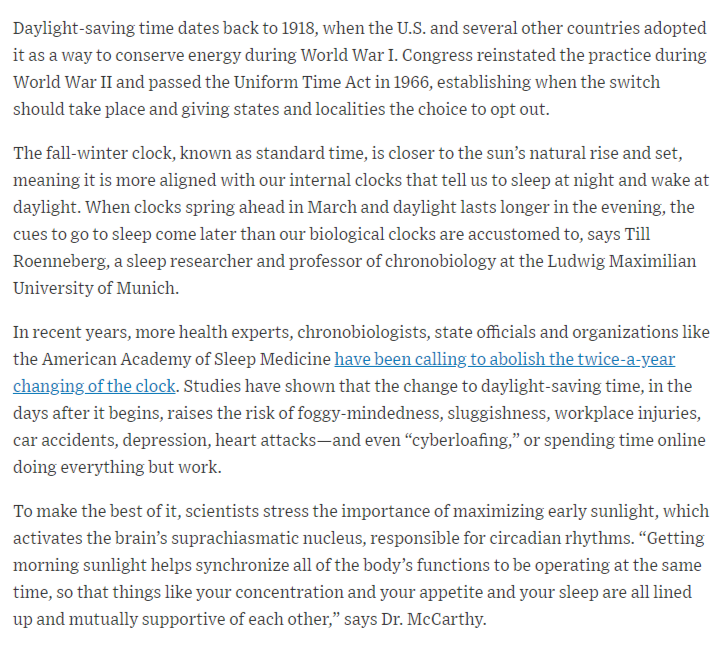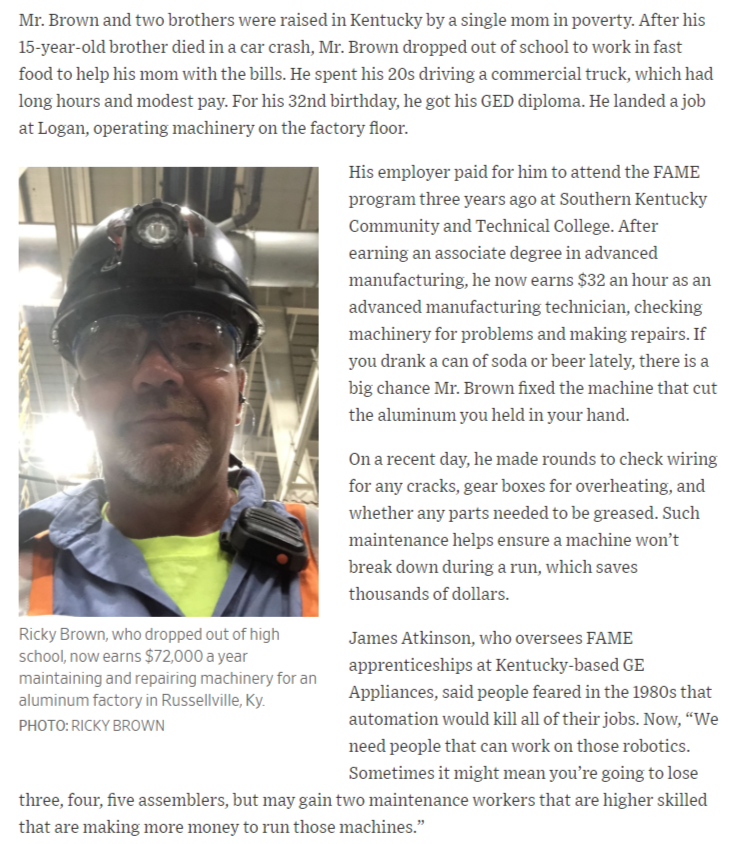
No federal money for vaccine R&D. How interesting.
https://twitter.com/virginiahughes/status/1325767927254151168
The Libertarian Moment just keeps growing! 😉
A bit more seriously here:
1) IPfizer's partner, BioNTech received $ from the German government: biospace.com/article/bionte…
2) Relatedly, CV19 vaccine development has been a truly global effort, & certainly governments have been/will be involved: cato.org/blog/covid-19-…
1) IPfizer's partner, BioNTech received $ from the German government: biospace.com/article/bionte…
2) Relatedly, CV19 vaccine development has been a truly global effort, & certainly governments have been/will be involved: cato.org/blog/covid-19-…

That said, it looks like BioNTech's German govt subsidy was for domestic (in GER) manufacturing capacity, not R&D, & came after the vaccine was developed: reuters.com/article/health…
Of course, $$ is fungible, but (if that news is correct) they surely would've done the R&D anyway
Of course, $$ is fungible, but (if that news is correct) they surely would've done the R&D anyway
• • •
Missing some Tweet in this thread? You can try to
force a refresh











